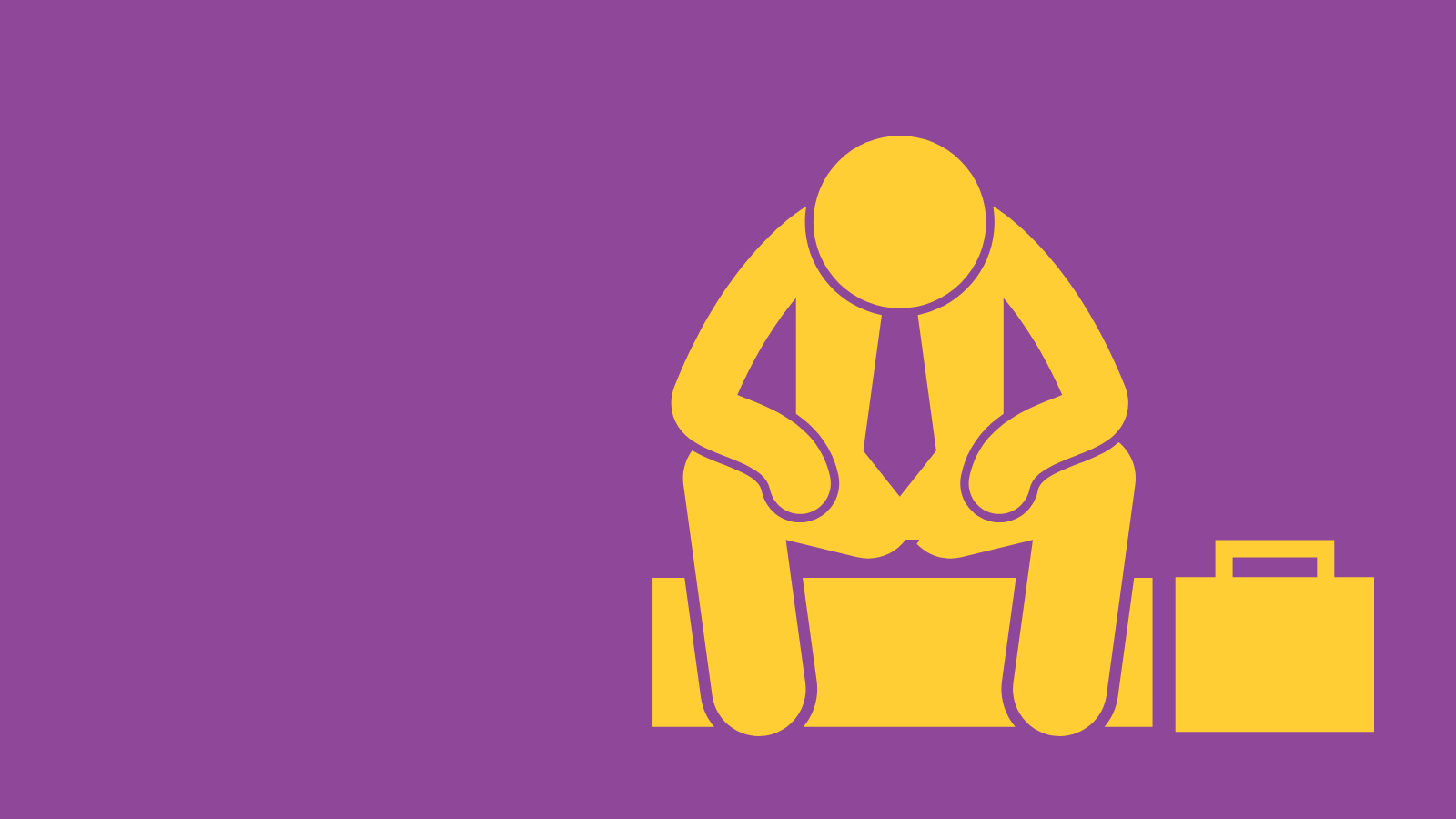5 Ways to Improve Men’s Well-being in the Workplace

The past two years have had a monumental impact on the mental health and well-being of the workforce. In recognition of the Canadian Mental Health Association’s recent Mental Health Awareness week (May 2-8), it is important to keep in mind the importance of taking care of your mental health and to access the resources available through your group benefits plan.
Given mental health week’s focus on empathy, we are reminded of the importance of listening and being there for each other. One of the significant challenges with helping men address their mental health is encouraging and allowing them to speak openly and confidently about it[1]. For men, the stigma attached to mental health often makes conversations about it taboo.
With this in mind, in the workplace, we encourage you to start a conversation, offer support and follow up. Let the person know you are there for them and seek support for yourself, too, if needed. There is a lot of stigma around men’s mental health, and it’s up to us to help change that. [2]
Below, we highlight a few ways that we can expand this conversation and help improve men’s well-being in the workplace.
Understand the Risks to Men’s Well-being
Men have a shorter life expectancy in Canada than women, partly due to the fact men are less likely to seek medical help, whether their ailments are physical or mental.[3]
In addition, nearly three-quarters of Canadian men have unhealthy habits that put them at risk for chronic conditions and disease.[4]
For employers, the reticence for men to address health issues isn’t just an abstraction. It leads to diminished productivity, lower engagement and corrosive effects on the organization. And while women’s health issues are only now getting equal treatment as men’s, men are less likely to take advantage of the resources available to them.
Cultural factors—the assumption that men should be strong and stoic—have prevented men from seeking medical health: 77% of married men would rather go shopping with their partners or do chores than see their doctor. And 20% of men are not completely forthright with their doctors.[5]
When it comes to mental health, the picture isn’t much better. Consider these facts:
- 28% of Canadian men worry that talking about their struggles with mental health could put their job at risk.[6]
- 22% of new fathers experience postpartum anxiety and depression at some point during the first year of their child’s life.[7]
- Of the approximately 4,000 Canadians who take their own life every year, 75% are men.[8]
How to Improve Men’s Well-being in the Workplace
Savvy employers know the value of improving employees’ health to their organizations, and what needs to be done to help men specifically. Here’s what employers can do to start improving men’s well-being in the workplace:
- Raise awareness: Company communications and manager training on health issues that affect men only, such as prostate cancer, or that affect men heavily, like mental health and suicide prevention, are necessary first steps to improve men’s wellbeing in the workplace.
- Encourage annual checkups: Men are often negligent in getting annual checkups. However, doing so can help identify health problems before they become serious. Promoting annual checkups — or giving employees time off to do so—can help improve men’s health.
- Address substance abuse: Stress can lead to increased reliance on drugs and alcohol — and in the first year of the COVID-19 pandemic, Canadians spent $25 billion on alcohol, an increase of 4.2% from the same period a year earlier and the largest annual increase in a decade.[9]Make education on substance abuse a cornerstone of employee health initiatives.
- Get moving: Health and wellbeing initiatives that encourage employees to exercise have shown to benefit employee health. Whether it’s online workouts or an organization-wide competition to track steps, exercise programs are an effective tool in improving men’s well-being in the workplace.
- Include iCBT mental health support: Men who are reluctant to engage in face-to-face counseling or therapy often find help through Internet-based Cognitive Behavioural Therapy (iCBT). Many iCBT programs also enlist a counsellor to help the employee stay focused in their therapy.
CSAE group benefit program offers virtual mental health support
As members of CSAE’s group benefit program, employees have access to mental health resources, such as an Employee Assistance Program (EAP) through LifeWorks. This EAP service provides members with on-demand access to counselling services from trained professionals—when and where they need it. In addition to counselling, this confidential service provides employees with resources concerning relationships, finance, retirement and more.
In tandem with Mental Health Week, LifeWorks has established a microsite containing articles and resources on mental health.
Additionally, through Maple Virtual Health, plan members can instantly connect with Canadian-licensed doctors for medical care from a phone, tablet, or computer at any time, 24/7, or by appointment.
To get more information on the CSAE benefit programs, please visit: https://www.hubinternational.com/en-CA/programs-associations/csae/.
Sources
[1] Homewood Health, “Men’s Mental Health”, accessed May 10, 2022
[2] Canadian Men’s Health Foundation, “How to Start a Conversation about Mental Health with Men“, accessed May 10, 2022
[3] Thompson, A.E., Anisimowicz, Y., Miedema, B. et al.The influence of gender and other patient characteristics on health care-seeking behaviour: a QUALICOPC study. BMC Fam Pract 17, 38 (2016). Accessed May 10, 2022.
[4] Canadian Men’s Health Foundation, accessed April 13, 2022.
[5] Cleveland Clinic, “Cleveland Clinic Survey: Men will do Almost Anything to Avoid Going to the Doctor,” September 4, 2019
[6] Dialogue, “The truth about men’s mental health,” October 28, 2021.
[7] University of Toronto News, “Study finds high rates of postpartum depression and anxiety in Canadian fathers,” March 10, 2022.
[8] Homewood Health, “Men’s Mental Health,” accessed April 13, 2022.
[9] The Drinks Business, “Canadians knock back almost 10 alcoholic drinks per week,” February 22, 2022.





















